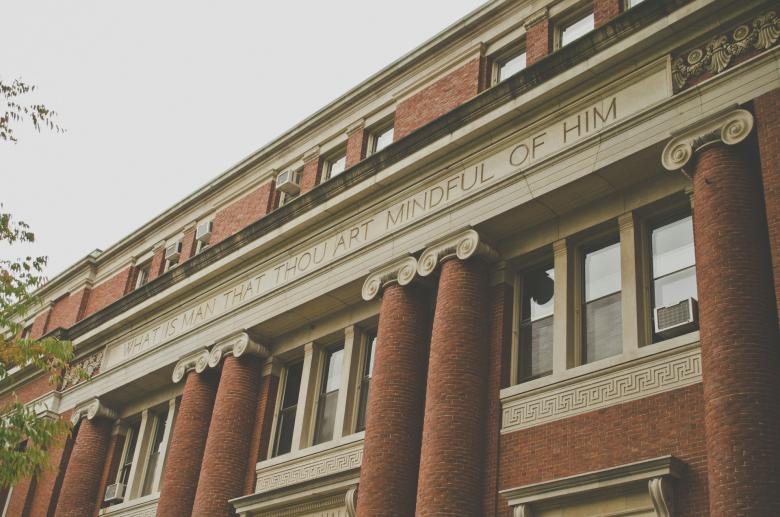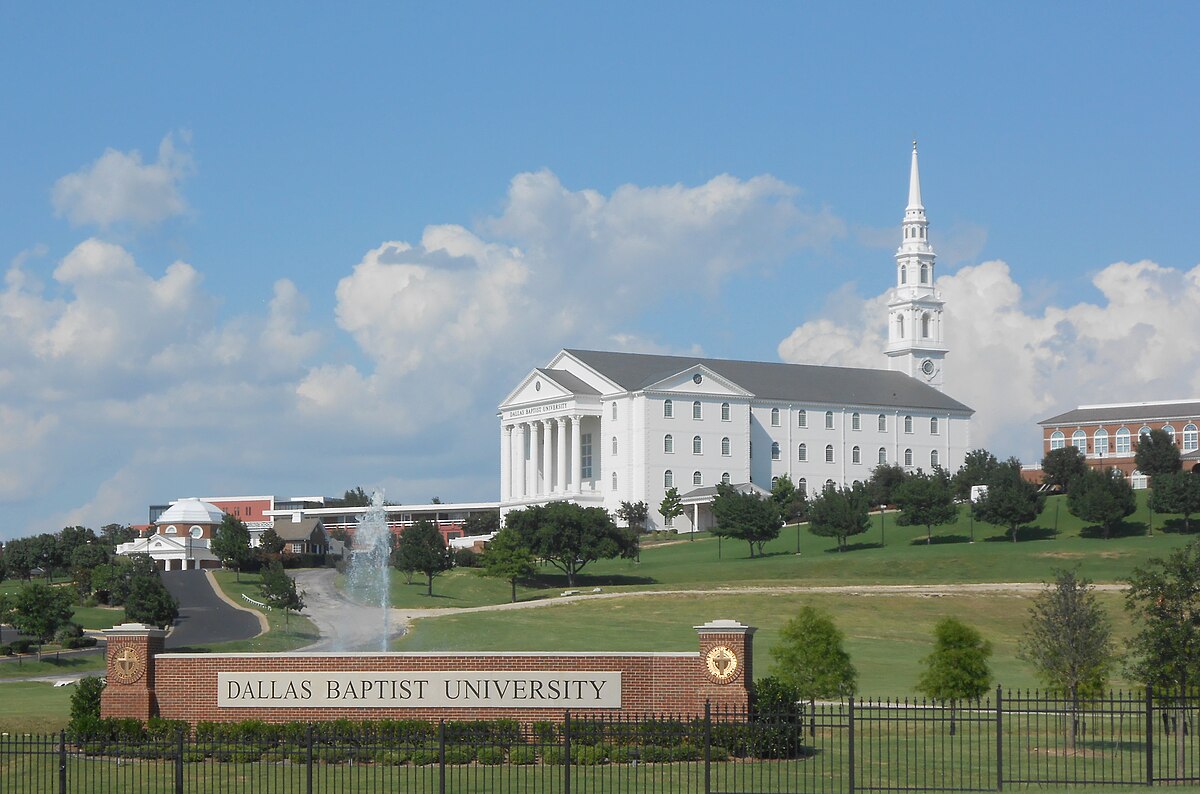Among the 6,000 institutions of higher education in America, nearly 1 of 6 are labeled as Christian colleges and universities.
Education with a Bible-centric perspective is important for millions of believers nationwide, but are Christians taking advantage of those options nationwide?
On the heels of the Asbury Revival in 2023, Christian colleges and universities reported record-high enrollment. Asbury University alone saw a 20% spike in enrollment. Only five years ago, enrollment among those same schools was going in the exact opposite direction. While that seems like a rapid ebb and flow, it underscores how Christian education has usually benefited from a move of God in America.
Revival’s Place in Christian Education
In Christian education, last year’s “Asbury effect” is not unique. Since faith-based higher education schools began, students have been interested in when God moves. Consider the U.S. “Third Great Awakening” between 1855 and 1930.
At that time, people searched for the reality of God, righteousness in man, and the influence of Scripture across the country. That national focus can’t be necessarily equated as the cause for the abolition of slavery, the inception of civil rights, the prohibition of alcohol, women gaining the right to vote, and the rise of social outreach, but they all started during those 75 years.

Two significant accomplishments during that time were also the birth of the “Bible College Movement” that directly led to the establishment of A.B. Simpson’s Nyack Missionary Training Institute (1882) and D.L. Moody’s Bible Institute (1886). These are considered the first Christian colleges and universities in North America. Yet, they were not the first faith-centric.
- Harvard and Yale were each founded by the Puritans of Plymouth to train clergy in 1636 and 1701, respectively
- Princeton, founded in 1746, was founded by four Presbyterian ministers to do the same.
- The College of Rhode Island–today known as Brown University–was founded in 1764 by Baptists to accept people of all faiths
- Queen’s College–today known as Rutgers–was founded by the Dutch Reformed Church in 1766
Although not known for its ecumenical focus now, most of the Ivy League was established upon a foundation of Christian faith. The connection is that the seeds of revival were being planted in the 13 colonies during the First Great Awakening (1730s-1770s).
British ministers of historical note came to America to spread the Word of God across every state of the time–Jonathan Edwards, George Whitefield, John and Charles Wesley, and Gilbert Tennant. From the Quakers to the Puritans, Anglicans to the Baptists, and the formation of the Methodist Church all found their roots during the First Great Awakening.
Incidentally, Georgetown in 1789 and Notre Dame in 1842 are America’s oldest Catholic or Jesuit universities. Coincidentally, the Second Great Awakening occurred in America from 1790 to 1840. These were the jubilee and charismatic evangelism days of Charles G. Finney, Henry Ward Beecher, Timothy Dwight, Ellen Gould White (co-founder of the Seventh-day Adventist church) and Richard Allen (the father of the African Methodist Episcopal church).
Christian Colleges and Universities Today

According to the Council for Christian Colleges and Universities (CCCU), the desire for a faith-based curriculum in college isn’t going anywhere with steady growth over the past 20 years. Yet, like every other higher learning institution, tuition is also rising in this marketplace.
Based on this CCCU sample, the average tuition increase was 117.5%. Similarly, U.S. News and World Report offers tuition has increased by 132% at private universities and 158% at public colleges. While that is not much of a comfort to new students, the rise in tuition isn’t as sharp in faith-based schools.
Higher education costs remain appealing at faith-based schools, largely because of affordability and financial support. A few economic statistics researched by the CCCU validate this insight.
- 95% of CCCU-member school students qualify for institutional aid (i.e., grants, scholarships) as opposed to 78% of private college students
- 77.6% of CCCU-member institutions receive full repayment from students, which is above the 71.9% national average at NCAA schools
Some schools are working on an investment-based model that could eliminate tuition for recruitment to make Christian colleges and universities more compelling choices for students.
“To create avenues for discipleship for young Christians is one of the church’s biggest tasks—to be really investing in these years,” said [Salter University President Zack] Johnson. “If our young people aren’t choosing to be discipled in these young years, some of us should be pulling our hair out [about] why people are choosing other alternatives.”
This or other funding models less reliant on tuition are still developing, but Christian colleges and universities are still a worthy investment. Whether the foundation is faith-based or the curriculum is centered on the Bible, having like-minded students and professors with similar viewpoints and access to Bible-based majors still matters to families nationwide.
And that belief in the vibrant core of Christianity doesn’t appear to be going anywhere anytime soon.


